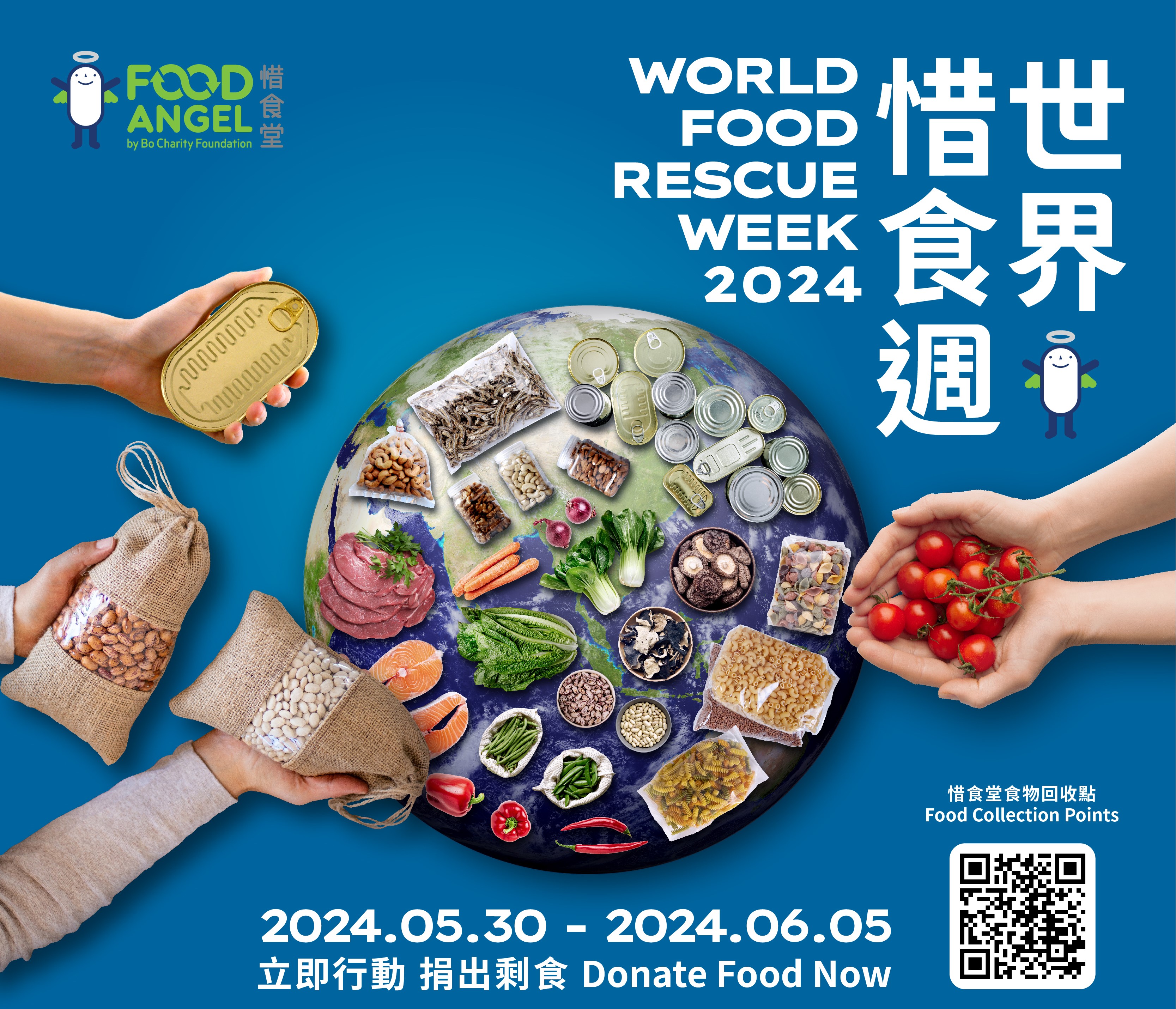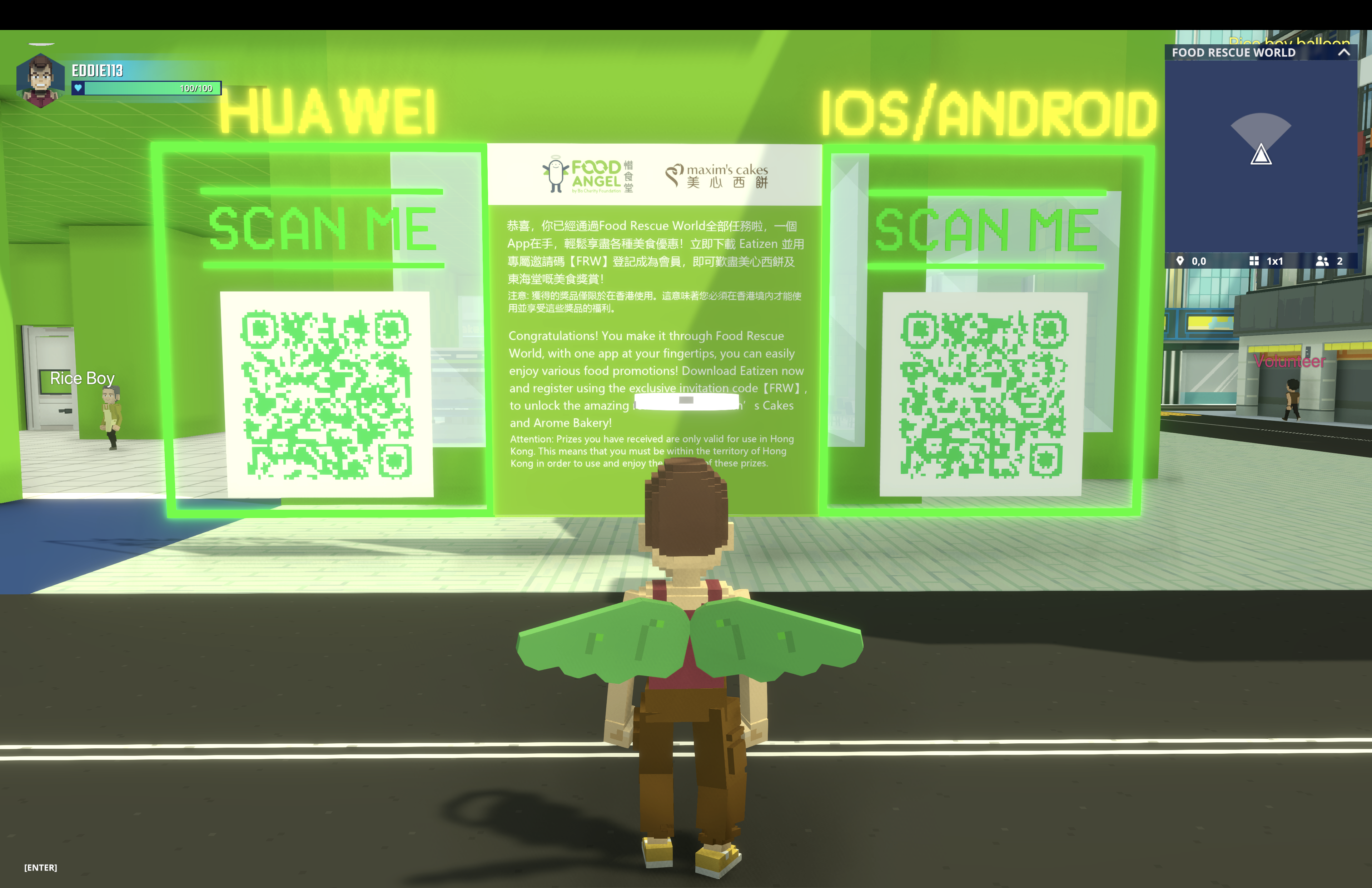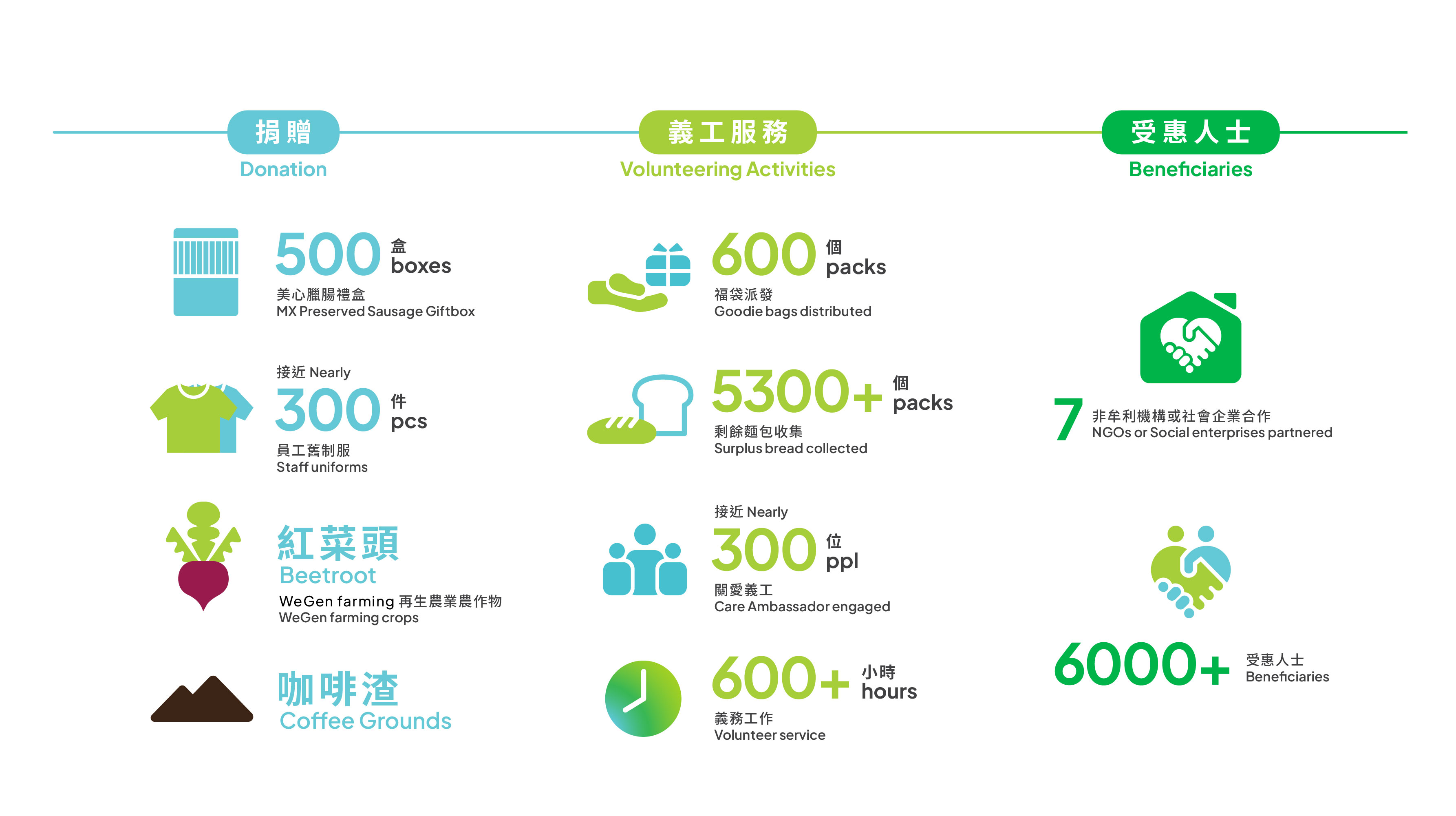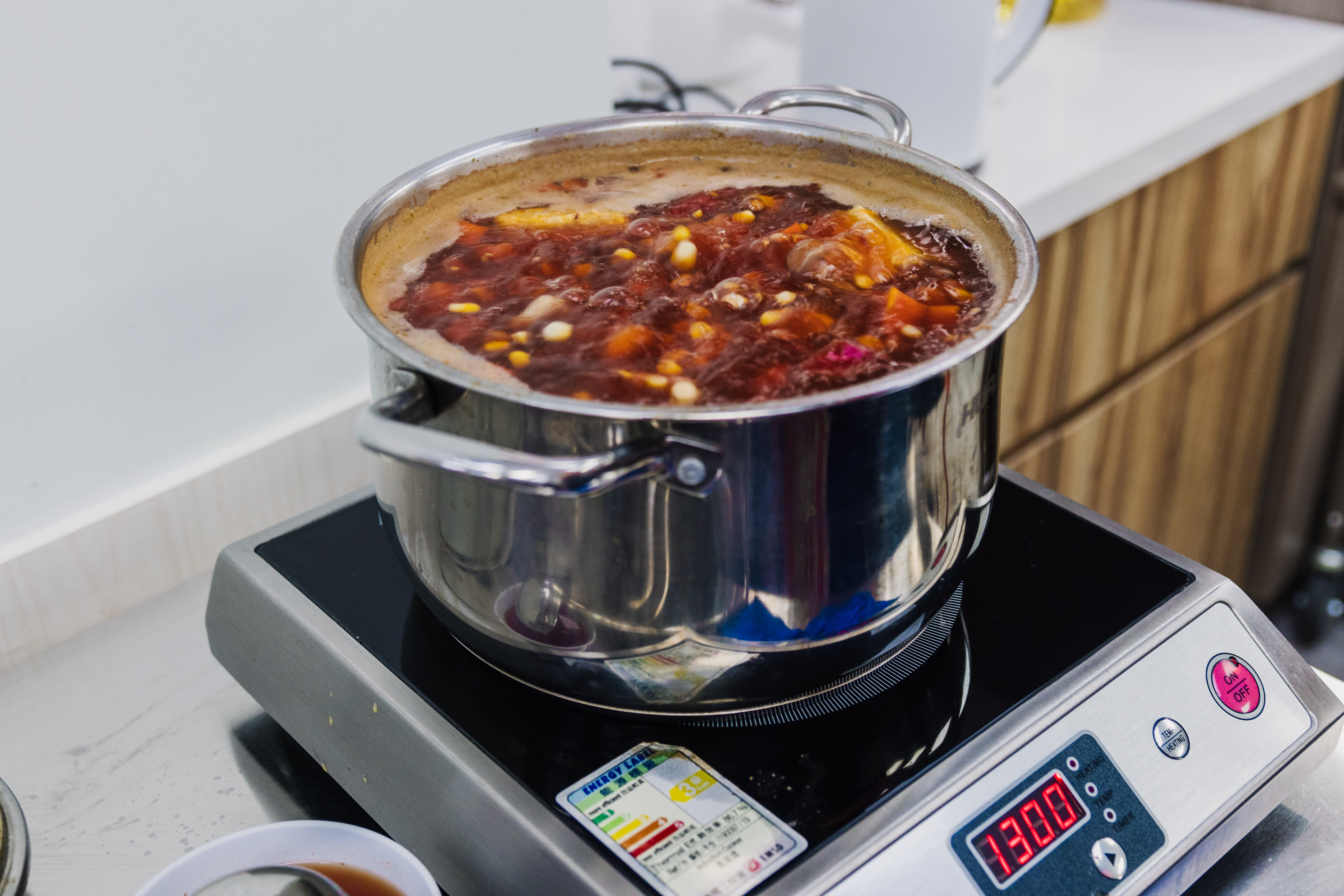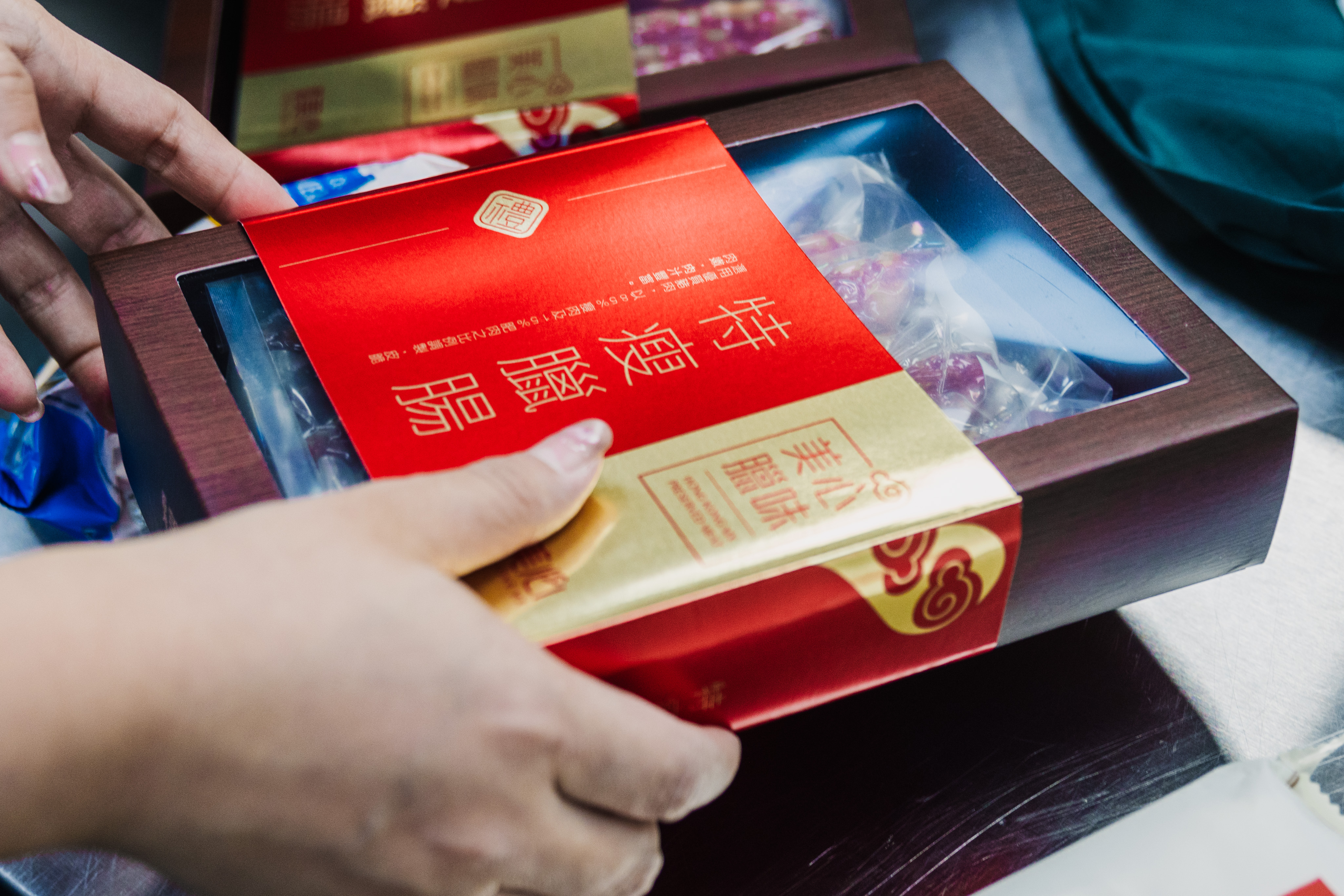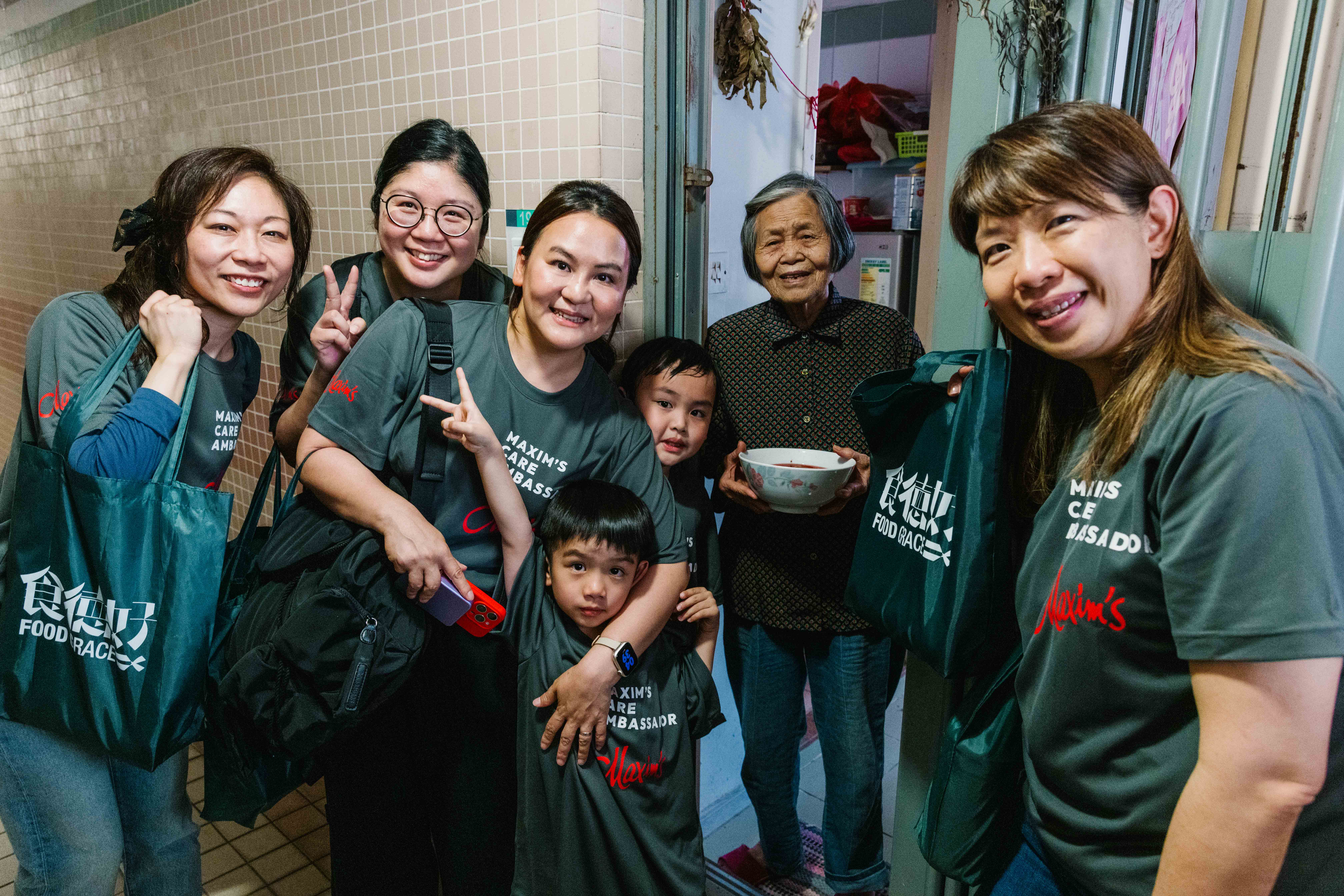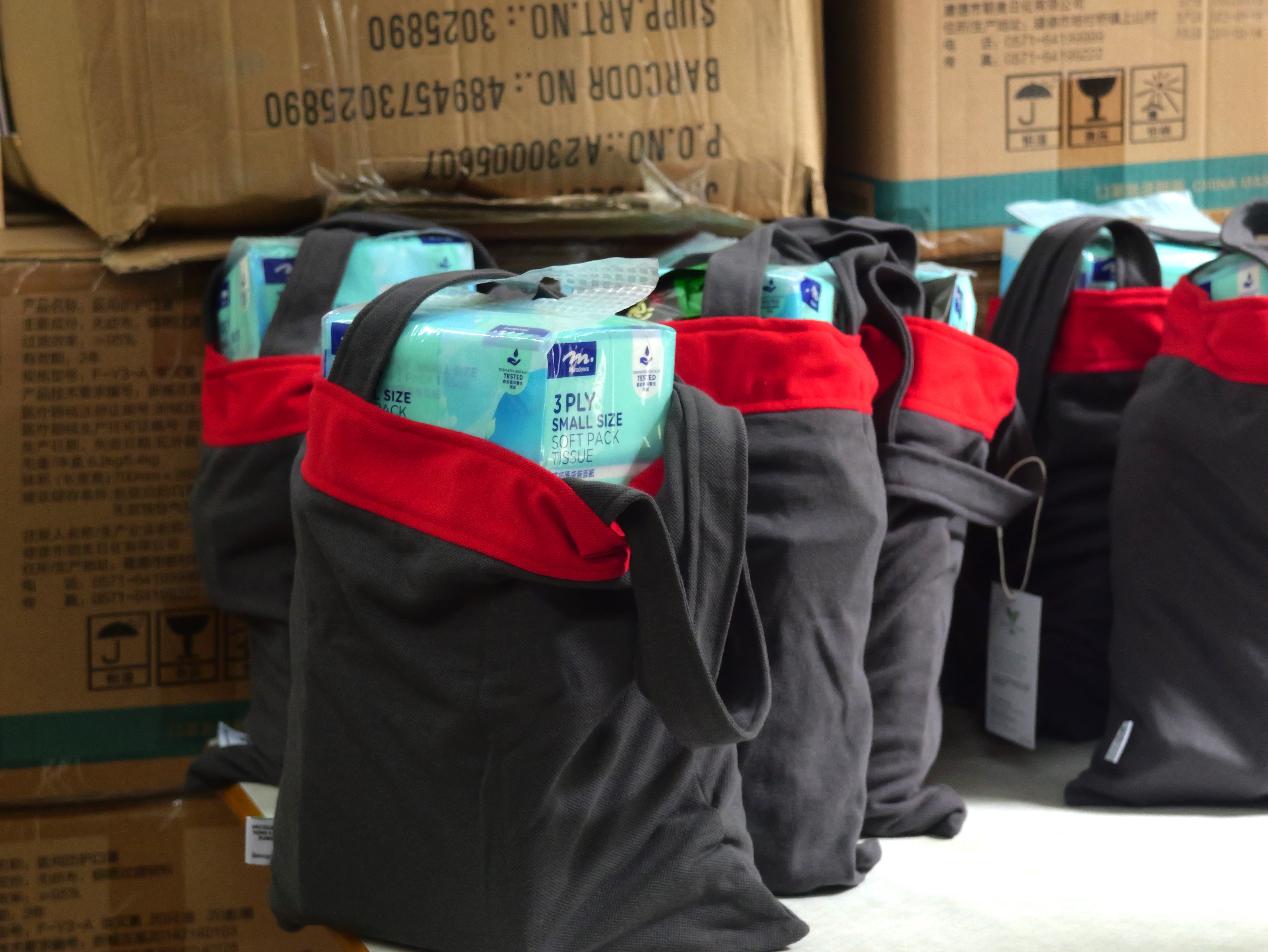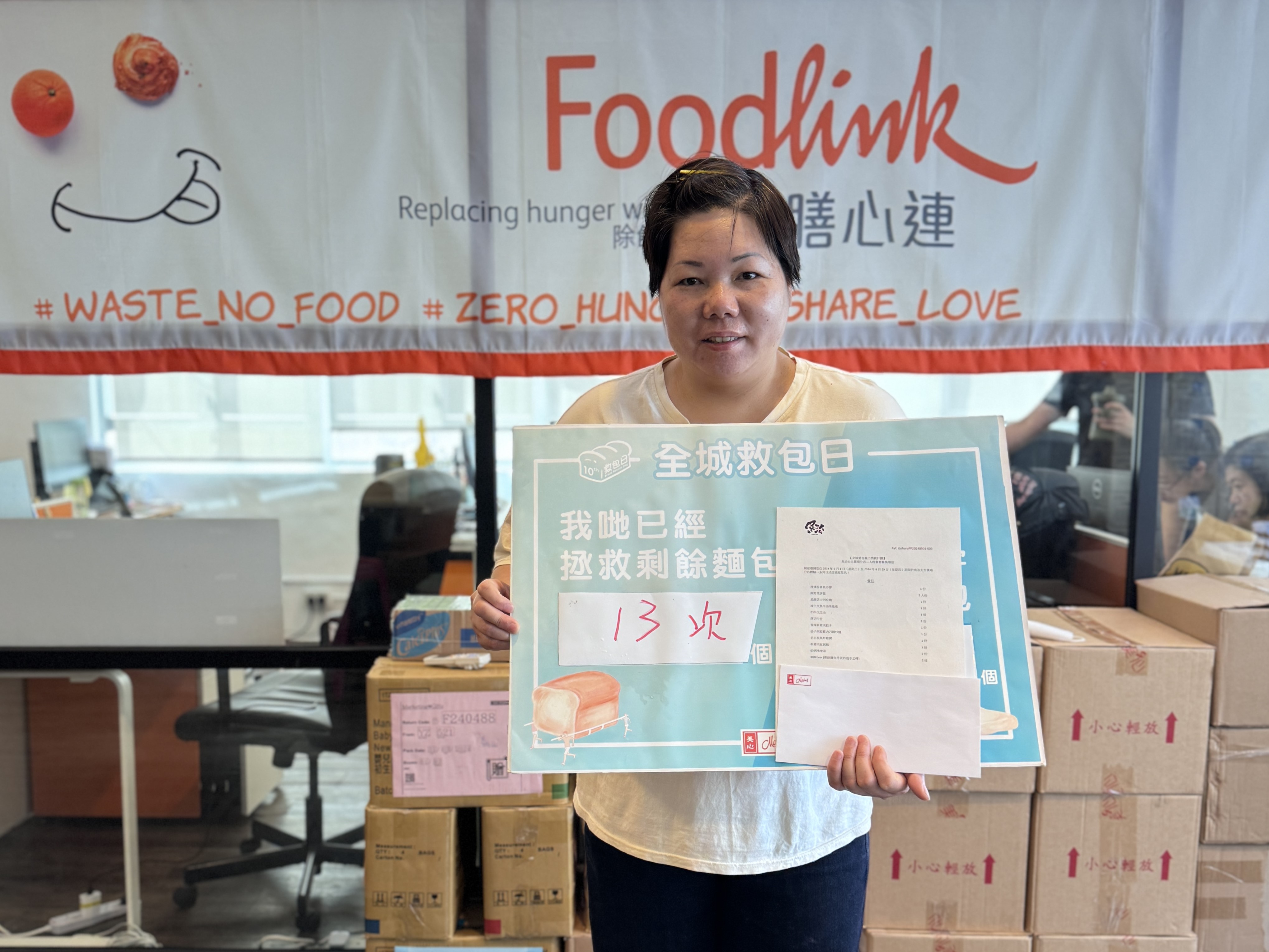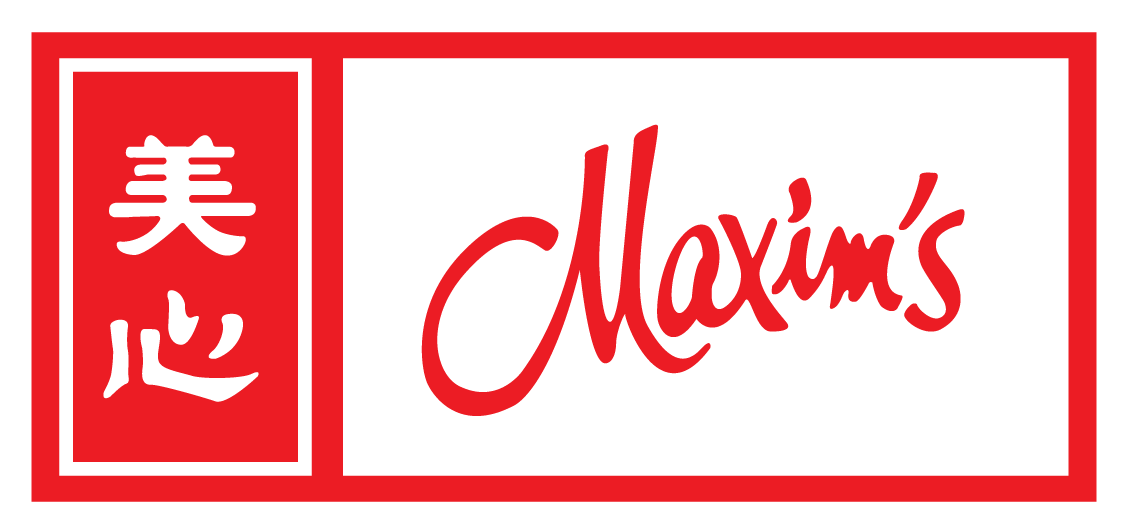With meticulous planning and design, acts of benevolence such as waste reduction and donation can benefit volunteers, beneficiaries and even the environment.
Apart from a continuing devotion to reducing food waste, Maxim’s also brings sustainability elements to community events, forging connections between society and environment, and promoting care in return. One example is the gifting of upcycled products made in waste reduction workshops to the underprivileged. This simple act not only encourages engagement from the volunteers, but becomes an inspiration for more green ideas and provides comfort to the recipients: a perfect example of one action with benefits to multiple stakeholders.
In July, three workshops were held in cooperation with NGO partner Eco-Greenergy. The sessions spread the knowledge of upcycling coffee grounds to different communities and partners, including Maxim’s employees, corporate partners and VTC students.
Led by a tutor, participants used coffee grounds and daily tools to create one-of-a-kind products such as tote bags, shawls and small towels, all with dazzling tie-dye patterns. Participants experienced first-hand the possibilities of coffee grounds in their day-to-day lives, changing their perceptions towards food waste.


Gordon Chan, Sustainability Officer at Jardines, was one of the workshop participants. He was delighted that items made there were to be delivered as gifts to the children at Kiddy Heart Canteen. He hoped the children would be pleased by these hearty gifts and find them useful.
Maxim’s Group co-founded Kiddy Heart Canteen with Baptist Oi Kwan Social Service in 2013, and it has since worked constantly to feed children and families in need. To date, it has provided 230,000 meals at a discounted price of $10. A registered dietitian from Maxim’s ensures that each meal set includes main, vegetable and soup courses to provide balanced nutrition. Anson (alias), one of the beneficiaries exclaimed: “Thank you Maxim’s for this tote bag! I know the colours came from coffee grounds. My mother uses it at home and it is both pretty and practical!”

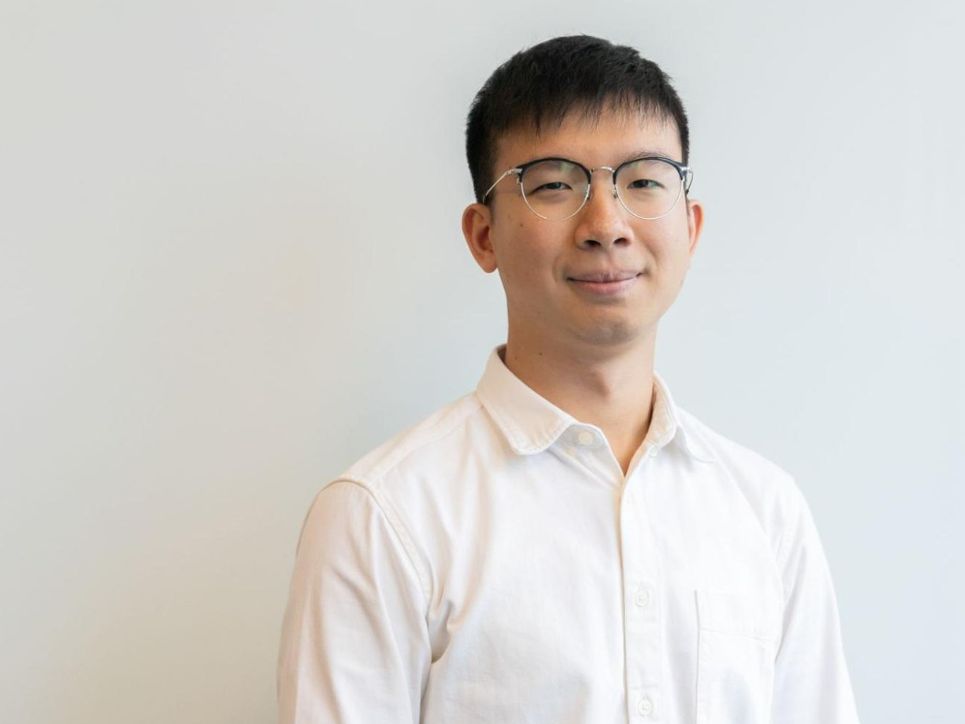
Peann Tam, Business Development Director of Eco-Greenergy, shared “These coffee dyeing workshops were held at Maxim’s invitation, and the coffee grounds we used were collected from Starbucks. This hands-on experience for staffs and business partners provided a practical and relevant example of incorporating green concepts into their day-to-day lives”.
Tam emphasised that the second life of coffee grounds is no longer constrained to fertiliser, but dyeing material for textile products. There are few things more fulfilling than using one’s own hands to transform ‘rubbish’ into something new and useful.
No deed is too small to catalyse change. Memorable experiences that spark awareness of waste reduction and environment protection are the foundation of promoting circular economy to all of society, and even to the next generation.



